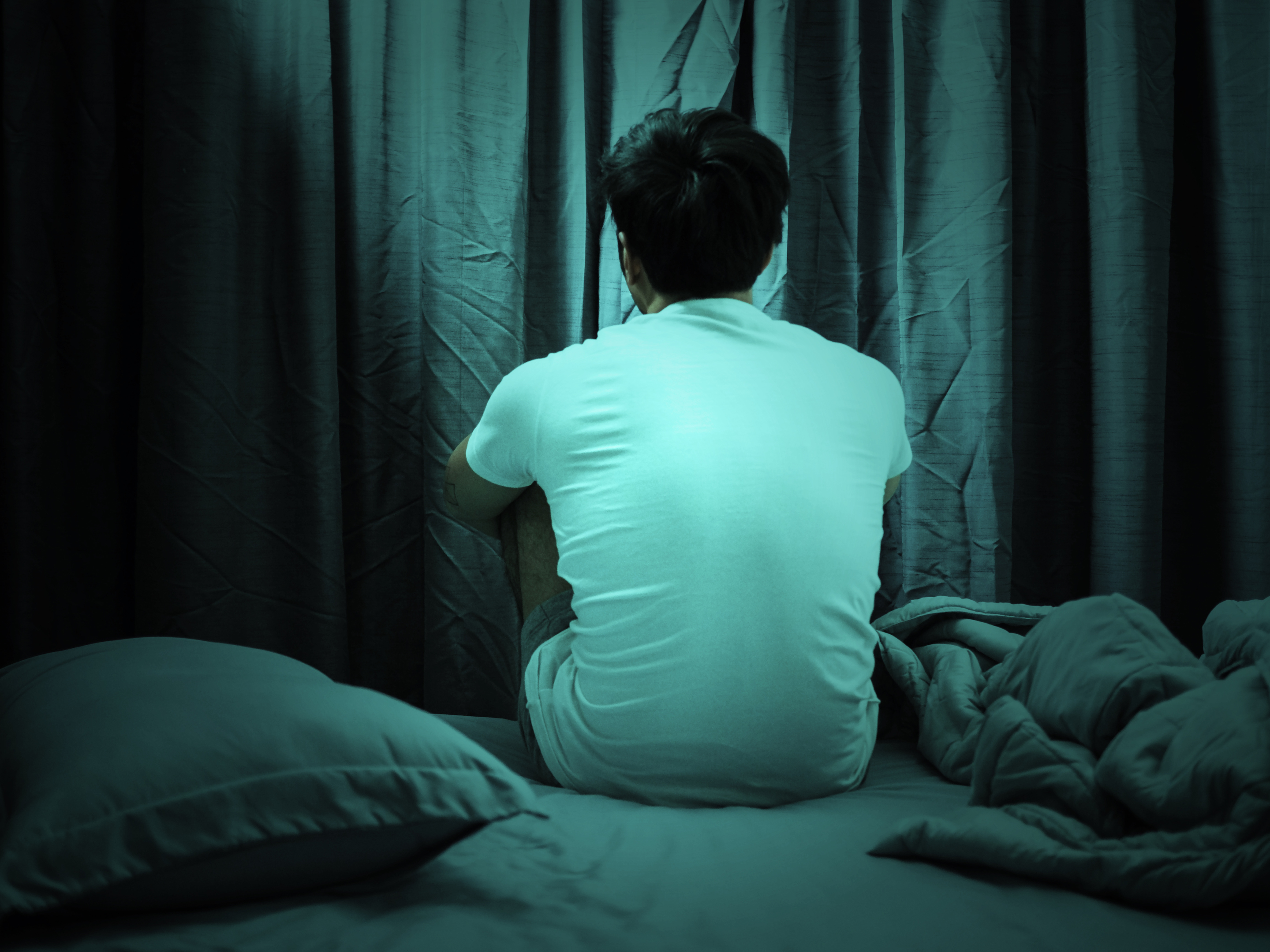
A new survey has revealed 91% of Scottish students suffer from poor sleep at university.
Two thirds of students polled are getting less than the recommended 7-9 hours a night.
The study was run as part of the Student Housing Company‘s well-being programme ahead of World Sleep Day on Friday 16th March.
79% of students said stress levels were a factor in sleep quality, while 30% also cited distractions such as mobile phones, social media and TV.
Academic work, deadlines and exams were also mentioned as having the biggest impact on sleep patterns.
The news comes despite many students (43%) making an effort to eat a healthy diet and exercise regularly.
The average nightly shut-eye for students is six and a half hours, with 26% getting less than five hours.
The worst student cities for sleep
- Sheffield: 6 hours 18 minutes/night
- Leeds: 6 hours 24 minutes/night
- Birmingham: 6 hours 24 minutes/night
- Belfast: 6 hours 30 minutes/night
- Coventry: 6 hours 30 minutes/night
- Manchester: 6 hours 30 minutes/night
- Glasgow: 6 hours 30 minutes/night
- London: 6 hours 36 minutes/night
- Edinburgh: 6 hours 42 minutes/night
- Nottingham: 6 hours 54 minutes/night
Lisa Artis, from The Sleep Council said: “University can be a stressful time for students, and this directly impacts how they sleep.
“As we would expect, The Student Housing Company’s research showed a huge uplift in students sleeping poorly around times of high stress, such as in the build up to exams.

“However, a good night’s sleep is one of the most important tools for doing well in your studies.
“Perhaps most importantly, however, sleep is a vital part of a healthy lifestyle – and this is something that is often overlooked.
“67% of Scotland-based students said they would attend classes on improving sleep as part of a healthy lifestyle if they were offered them, showing that students have an appetite to learn more about what is a fundamental aspect of their wellbeing.
“The Student Housing Company’s unique and holistic student wellbeing programme aims to equip students with the right knowledge to make healthy lifestyle choices during their university career and into their working lives.
“Our sleep initiatives as part of World Sleep Day are just one example of how we’re raising awareness, providing practical solutions and demonstrating that we really do want to see our student residents thrive.”
As part of its campaign in the run up to World Sleep Day, The Student Housing Company is running a series of events to promote the importance of good quality sleep.
Tips for students looking to improve their sleep over the upcoming exam period:
BE PREPARED
The best way to manage stress and anxiety around exam time is to be as prepared as possible. Draw up a rough ‘revision timetable’ of what you need to revise when to ensure every subject is covered – and stick to it!
STOP CRAMMING
Young adults need at least seven hours of sleep every night – so no pulling an all-nighter to cram for an exam!
Lack of sleep results in poor coping strategies for managing stress and ‘fuzzy’ thinking. The best bet by far is to study often and in advance and build in a good rest before the big day.
GET PHYSICAL
Physical exertion provides an outlet for mental stress. Let off some steam by walking, running, getting involved in a sport etc. Just don’t exercise too close to bedtime!
PRIORITISE
The sheer amount of revision to be done can sometimes seem overwhelming. Set priorities and work on the most urgent first. Break tasks down into manageable chunks and set goals that are achievable.
PRACTICE A RELAXATION TECHNIQUE
Relaxation techniques can help to create a sense of calm and are simple to perform in the bedroom without any special equipment.
Deep breathing with your eyes closed is a simple way to remedy stress. Focus on your breath as you deeply inhale and exhale.
CHANGE THE SCENERY
Persistence is key when it comes to studying, but a change of scenery can reduce stress levels.
Head outdoors to breathe in some fresh air and, if possible, take a walk. Sprucing up your space such as changing posters around or tidying your room is another way to change the scenery when you can’t break away.
SOCIALISE – A LITTLE!
Getting together with friends is another healthy way to blow off steam and chat with others who know just how you feel. Sometimes just being around other people who understand is enough to feel better – at other times, talk about your stress and ask for help from family and friends
EAT WELL
Stress eating can seriously disrupt healthy eating habits. Ditch the chocolate and crisps and keep healthy, easy-to-eat snacks around such as nuts, fresh fruit or raw vegetables
POSTIVE SELF-TALK
Thoughts, feelings, and behaviour are connected so it’s important to monitor self-talk, focus on the present, set realistic goals, and remain appropriately optimistic.

Enjoy the convenience of having The Sunday Post delivered as a digital ePaper straight to your smartphone, tablet or computer.
Subscribe for only £5.49 a month and enjoy all the benefits of the printed paper as a digital replica.
Subscribe